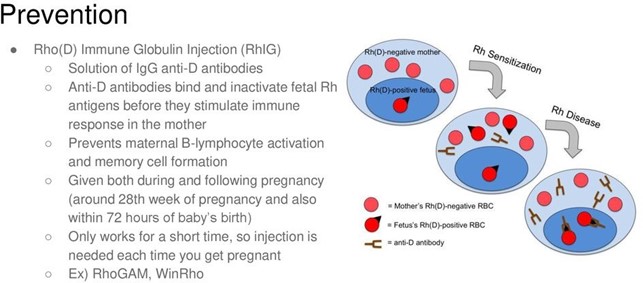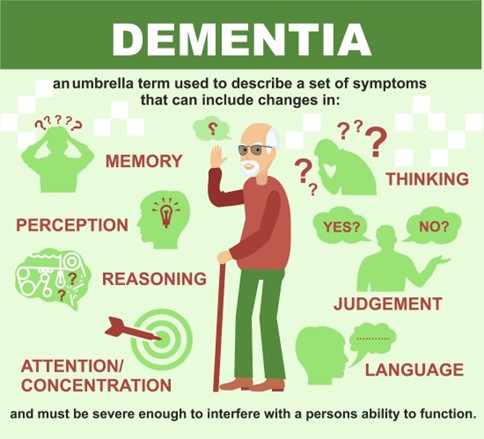A postpartum client who is Rh-negative refuses to receive Rho(D) immune globulin after the delivery of an infant who is Rh-positive. Which information should the practical nurse (PN) provide this client?
The R-positive factor from the fetus threatens her blood cells.
The mother should receive Rho(D) immune globulin when the baby is Rh-negative.
Rho(D) immune globulin is not necessary unless all pregnancies are Rh-positive.
Rho(D) immune globulin prevents maternal antibody formation for future Rh-positive babies.
The Correct Answer is D
When a Rh-negative mother gives birth to a Rh-positive baby, there is a risk that the mother's immune system will develop antibodies against the Rh-positive factor. These antibodies can cross the placenta in future pregnancies and atack the Rh-positive fetus, leading to hemolytic disease of the newborn. Rho(D) immune globulin is given after delivery to prevent the formation of these antibodies. The PN should explain this to the client and encourage her to reconsider her refusal of the treatment. Answers A, B, and C are incorrect and do not provide accurate information.

Nursing Test Bank
Naxlex Comprehensive Predictor Exams
Related Questions
Correct Answer is D
Explanation
The most important behaviors for the practical nurse (PN) to monitor in this situation are argumentativeness and use of profanity. These behaviors may indicate that the client is becoming agitated and may pose a risk to themselves or others. The PN should closely monitor the client's behavior and take appropriate action to ensure the safety of the client and others on the unit. The other behaviors listed may also be important to monitor, but argumentativeness and use of profanity are the most important in this situation
Correct Answer is A
Explanation
Restlessness, confusion, and agitation in the evening are common symptoms of sundowning, which is a condition that affects some older adults with dementia. Offering to walk around the hallways with the client can provide a calming effect and reduce the symptoms of sundowning.
Dimming the lights may actually increase confusion and agitation, and leaving the client alone may increase feelings of isolation and fear.
Measuring the client's vital signs may not be necessary unless there are specific medical concerns.

Whether you are a student looking to ace your exams or a practicing nurse seeking to enhance your expertise , our nursing education contents will empower you with the confidence and competence to make a difference in the lives of patients and become a respected leader in the healthcare field.
Visit Naxlex, invest in your future and unlock endless possibilities with our unparalleled nursing education contents today
Report Wrong Answer on the Current Question
Do you disagree with the answer? If yes, what is your expected answer? Explain.
Kindly be descriptive with the issue you are facing.
